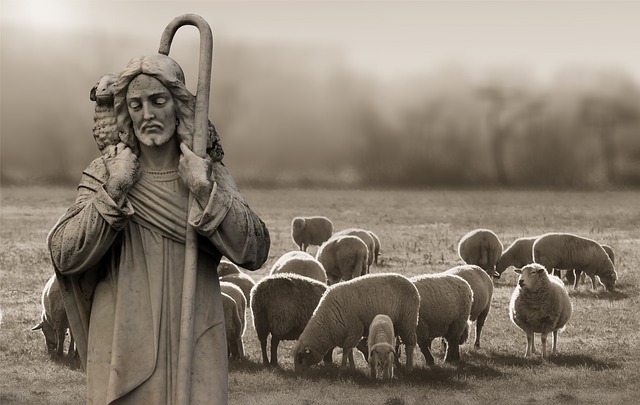The profound connection between religion and rituals can be beautifully illustrated through the Psalms. These ancient texts are more than just verses; they are an integral part of spiritual practices that have shaped communities, beliefs, and personal experiences throughout history. The Psalms resonate with a wide array of emotions—joy, sorrow, gratitude, and despair—making them a powerful tool to navigate life’s complexities.
Many religious traditions incorporate the Psalms into formal rituals, allowing individuals to express their innermost feelings. For instance, in Judaism, reciting the Psalms is often part of daily prayers, marking significant occasions like Shabbat or in times of mourning. The rhythmic verses not only provide comfort but also serve as a means of connection—linking individuals to a larger faith community and the divine.
In Christianity, the Psalms occupy a central place within liturgy and personal devotion. They offer words of praise during worship and serve as heartfelt prayers during times of reflection. The emotional depth of the Psalms often mirrors personal struggles, helping individuals to articulate their fears, hopes, and praise. This aspect of communal and personal ritualistic practice highlights the versatility of the Psalms and their significance in shaping one’s spiritual journey.
Moreover, the use of Psalms extends beyond the confines of traditional worship. In many spiritual retreats and personal growth workshops, participants are encouraged to engage with these texts to foster deeper self-reflection and connection with their inner selves. The repetitive nature of reciting Psalms can be meditative, creating a sacred space for individuals to discover peace amidst chaos. Rituals incorporating Psalms have a unique way of uplifting the spirit, often culminating in a collective sense of unity and purpose, reinforcing bonds with fellow seekers and the divine.
Across various cultures and belief systems, the practice of using Psalms in rituals transcends language and geographical barriers. It serves as a universal expression of the human experience, addressing the longing for connection, understanding, and the sacred. In a world that often feels fragmented, the Psalms remind us of our shared humanity through their timeless themes of love, compassion, and faith.
As we explore the power of Psalms in rituals, it becomes evident how these texts shape our spiritual practices. They guide our intentions, provide solace during turbulent times, and help articulate our gratitude in moments of joy. Engaging with the Psalms invites us to embark on a journey of introspection and communal worship, echoing through time to foster deeper connections with ourselves, others, and the divine. The rituals we create around these ancient words are not just acts of tradition; they are living expressions of our faith, capable of transforming our spiritual landscapes.




